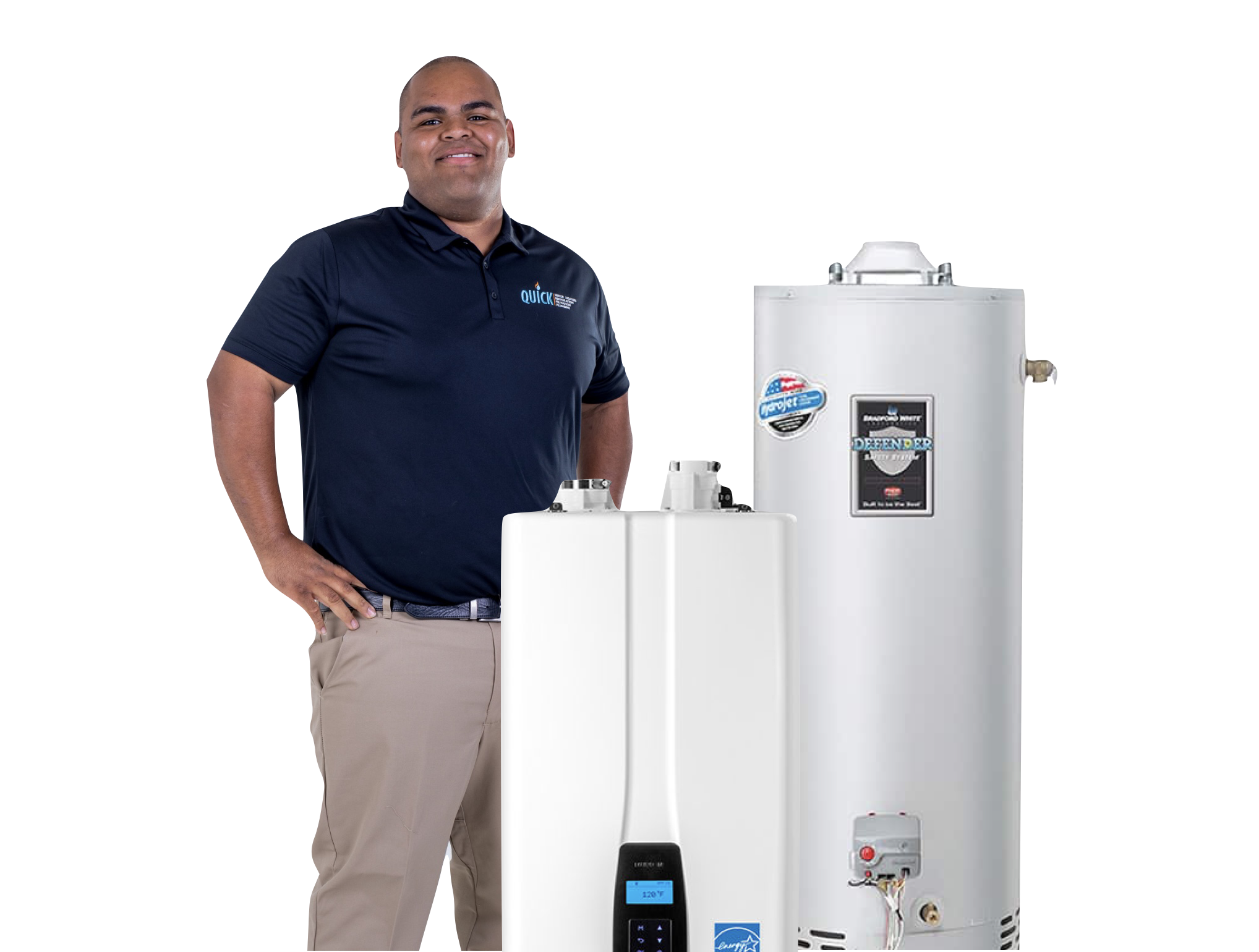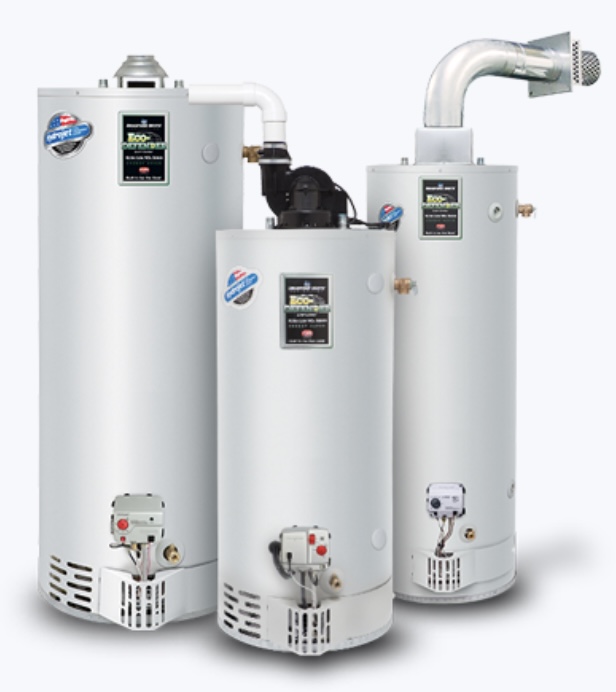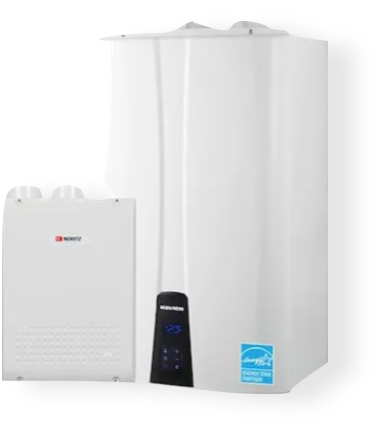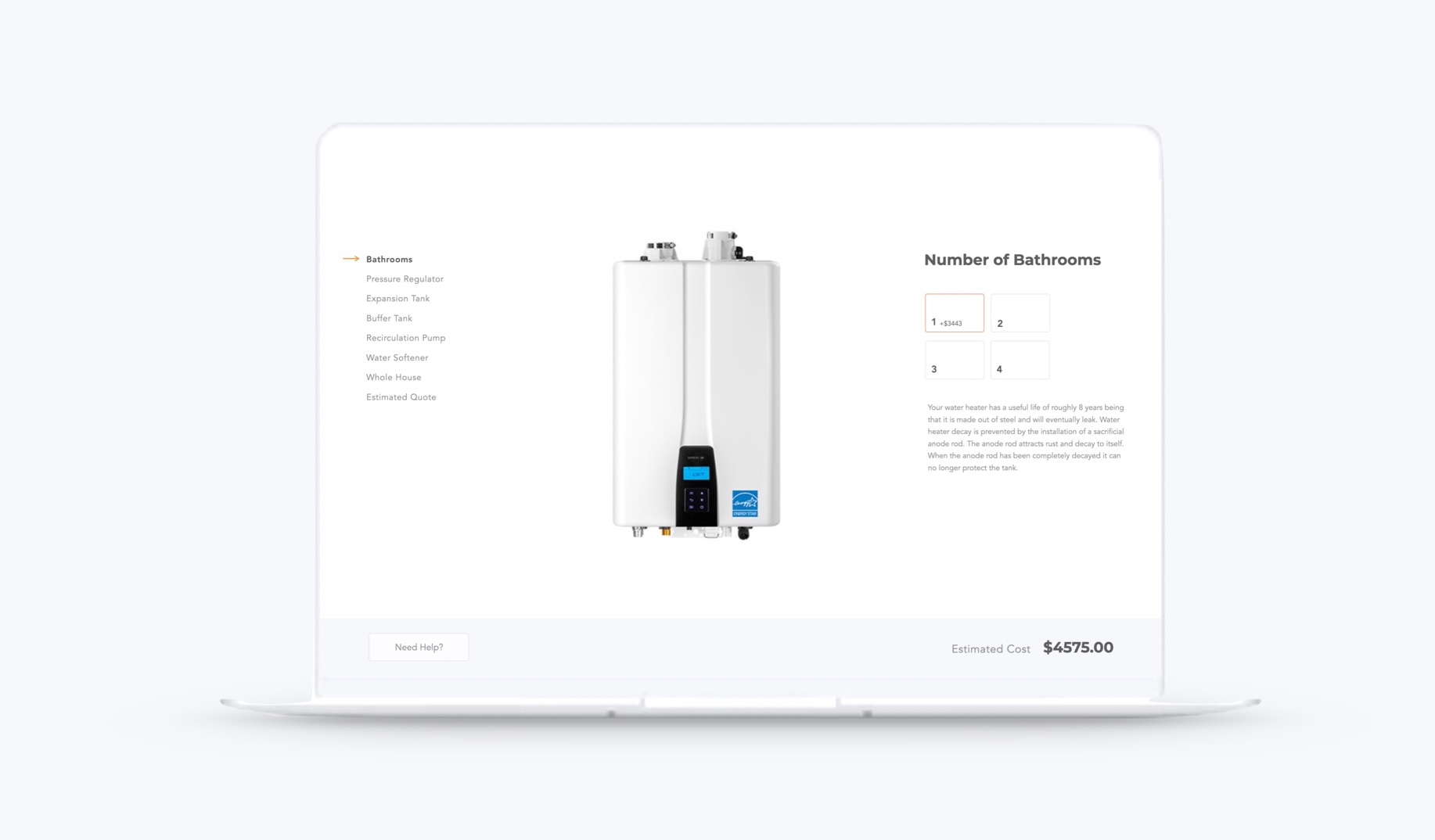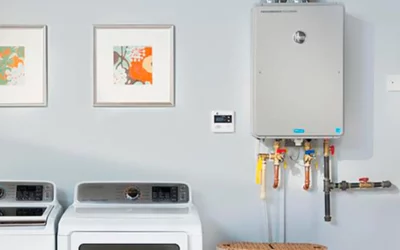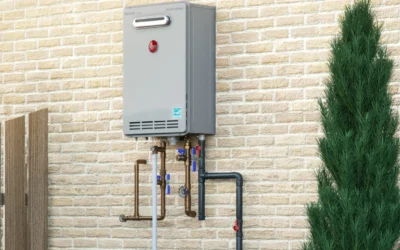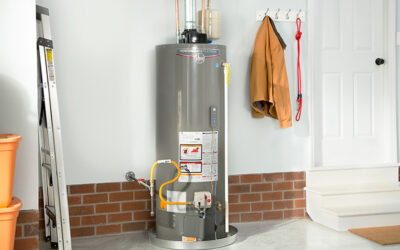Water heater pipe repair involves fixing or replacing damaged pipes connected to your water heater system. These pipes are prone to common issues such as leaking, corrosion, and rust, which can result in water leaks and decreased water pressure. Depending on the severity of the damage, you can choose between DIY repair or professional repair services. The steps for water heater pipe repair typically include turning off the water supply, draining the water heater, identifying the damaged pipe, and either repairing or replacing it. To prevent future damage, regular maintenance and insulation are recommended. If you have any questions about water heater pipe repair, we have provided a list of frequently asked questions for your reference.
Common Issues with Water Heater Pipes
Common issues with water heater pipes include leaking pipes and corrosion and rust.
1. Leaking Pipes
Leaking pipes can be a common issue with water heaters. If you notice water pooling around the base of your water heater or dripping from the pipes, it may indicate a leaking pipe. Leaks can occur due to various reasons such as pipe corrosion, loose connections, or excessive pressure. It is important to address leaking pipes promptly to prevent further damage and potential water wastage.
2. Corrosion and Rust
Corrosion and rust are common issues that can affect water heater pipes. Over time, the metal pipes can deteriorate due to exposure to water and other corrosive elements. This can lead to the formation of rust, which weakens the pipe and increases the risk of leaks. Corrosion and rust can be caused by factors such as high mineral content in the water, improper installation, or lack of regular maintenance. It is important to address corrosion and rust in water heater pipes promptly to prevent further damage and ensure the optimal functioning of the water heater system.
Signs of Pipe Damage
There are several signs that indicate pipe damage, including water leaks and decreased water pressure.
1. Water Leaks
Water leaks can be a common issue with water heater pipes. They can occur due to various reasons such as pipe corrosion, loose fittings, or aging pipes. Detecting water leaks is crucial as they can lead to significant water damage and increased utility bills. If you notice water pooling around your water heater or damp spots on walls or floors near the unit, it may indicate a leak in the pipes. Promptly addressing water leaks is essential to prevent further damage and ensure the efficient functioning of your water heater.
2. Decreased Water Pressure
Decreased water pressure is another sign of pipe damage that may require water heater pipe repair. When the pipes are damaged or corroded, it can restrict the flow of water and result in lower water pressure throughout the plumbing system. If you notice a significant decrease in water pressure when using hot water, it could be an indication of a problem with the water heater pipes. It is important to address this issue promptly to prevent further damage and ensure efficient water flow in your home.
DIY vs Professional Repair
When it comes to water heater pipe repair, homeowners have the option to either attempt a DIY repair or hire a professional for the job.
1. DIY Repair
If you are considering DIY repair for your water heater pipes, there are a few important factors to keep in mind. Firstly, DIY repair requires a certain level of expertise and knowledge about plumbing systems. It is crucial to have the necessary tools and materials before attempting any repairs. Additionally, it is important to follow safety precautions and turn off the water supply before starting any work. DIY repair can be a cost-effective option if you have the skills and confidence to handle the task. However, if you are unsure or uncomfortable with plumbing work, it is always recommended to hire a professional for water heater pipe repairs.
2. Professional Repair
Professional repair is often recommended for water heater pipe issues that require specialized knowledge and expertise. While some minor repairs can be done by homeowners themselves, it is crucial to hire a professional for complex or extensive pipe damage. Professional repair technicians have the skills and tools necessary to accurately diagnose and fix the problem, ensuring a long-lasting solution. Additionally, they can provide expert advice on preventive measures and maintenance to avoid future pipe issues. By opting for professional repair, homeowners can have peace of mind knowing that their water heater pipes are being handled by experienced professionals.
Steps for Water Heater Pipe Repair
When it comes to repairing water heater pipes, there are several steps that need to be followed:
- Step 1: Turn Off the Water Supply
- Step 2: Drain the Water Heater
- Step 3: Identify the Damaged Pipe
- Step 4: Repair or Replace the Pipe
Each of these steps is crucial in ensuring a successful water heater pipe repair. By following these steps, you can effectively address any issues with your water heater pipes and restore their functionality.
1. Turn Off the Water Supply
When it comes to repairing a water heater pipe, one of the crucial steps is to turn off the water supply. This ensures that no water is flowing through the pipes while you work on them, minimizing the risk of accidents or further damage. To turn off the water supply, locate the main shut-off valve, which is usually located near the water meter or where the main water line enters your home. Turn the valve clockwise to shut off the water flow. It is important to note that different homes may have different types of shut-off valves, so familiarize yourself with the specific valve in your home beforehand. Once the water supply is turned off, you can proceed with other necessary steps for repairing the water heater pipe.
2. Drain the Water Heater
To drain the water heater, follow these steps:
- Turn off the power supply to the water heater.
- Locate the drain valve at the bottom of the water heater.
- Attach a hose to the drain valve and place the other end in a suitable drainage area or a floor drain.
- Open the drain valve by turning it counterclockwise.
- Allow the water to completely drain from the water heater. This may take some time depending on the size of the tank.
- Once the water has drained, close the drain valve by turning it clockwise.
- Remove the hose and ensure the drain valve is securely closed.
Draining the water heater helps remove sediment and prolongs the lifespan of the pipes by reducing the risk of corrosion and damage.
3. Identify the Damaged Pipe
When repairing a water heater pipe, it is crucial to first identify the damaged pipe. This step is essential in order to determine the extent of the damage and the most appropriate course of action for repair. To identify the damaged pipe, carefully inspect the water heater system, paying close attention to any visible signs of leakage, corrosion, or rust. Additionally, feel for any soft spots or damp areas around the pipes, as these could indicate a hidden leak. By accurately identifying the damaged pipe, you can effectively address the issue and ensure proper repair or replacement.
4. Repair or Replace the Pipe
When it comes to repairing or replacing a damaged water heater pipe, there are a few factors to consider. Firstly, the severity of the damage needs to be assessed. If the pipe is only slightly damaged, such as a small leak or minor corrosion, it may be possible to repair it. This can involve patching up the leak or using sealants to prevent further corrosion. However, if the damage is extensive or if the pipe is severely corroded or rusted, it is often best to replace the pipe entirely. This ensures a long-lasting and reliable solution, preventing any future issues with the water heater pipes. It is important to consult a professional plumber to accurately assess the damage and determine the best course of action for repairing or replacing the pipe.
Preventive Measures
Preventive measures for water heater pipe repair include regular maintenance and insulation to minimize the risk of pipe damage.
1. Regular Maintenance
Regular maintenance is essential for ensuring the longevity and efficiency of your water heater pipes. By regularly inspecting and maintaining your pipes, you can identify and address any potential issues before they escalate into major problems. This can help prevent leaks, corrosion, and other forms of damage that can lead to costly repairs or replacements. Some key maintenance tasks include checking for signs of leaks, cleaning sediment buildup, inspecting pipe connections, and ensuring proper insulation. By following a regular maintenance routine, you can extend the lifespan of your water heater pipes and avoid unnecessary expenses.
2. Insulation
Insulation is an important preventive measure for water heater pipes. It helps to regulate the temperature of the water and prevents heat loss, which can lead to increased energy consumption. Insulating the pipes also helps to protect them from freezing during colder months, which can cause them to burst. To insulate the water heater pipes, you can use foam insulation sleeves or wrap them with heat-resistant tape. This will help to maintain the efficiency of your water heating system and prolong the lifespan of the pipes.
FAQs about Water Heater Pipe Repair
Frequently asked questions about water heater pipe repair, including the time it takes to repair a pipe, the use of temporary solutions for leaks, whether all pipes should be replaced if only one is damaged, common causes of pipe damage, and how often to check for damage.
1. How long does it take to repair a water heater pipe?
The time it takes to repair a water heater pipe can vary depending on the complexity of the damage and the expertise of the person conducting the repair.
2. Can I use temporary solutions to fix a leaking pipe?
Temporary solutions can be used to fix a leaking pipe, but it is recommended to seek professional repair for a long-term and reliable fix.
3. Should I replace all the pipes if only one is damaged?
If only one pipe is damaged, it is not necessary to replace all the pipes, but it is important to repair or replace the damaged pipe to prevent further issues.
4. What are the common causes of water heater pipe damage?
The common causes of water heater pipe damage can include corrosion, rust, high water pressure, mineral buildup, and improper installation.
5. How often should I check my water heater pipes for damage?
It is recommended to regularly check your water heater pipes for damage to prevent any potential issues from occurring.


